Lisa Hannigan - Interview
by Lisa Torem
published: 4 / 10 / 2011
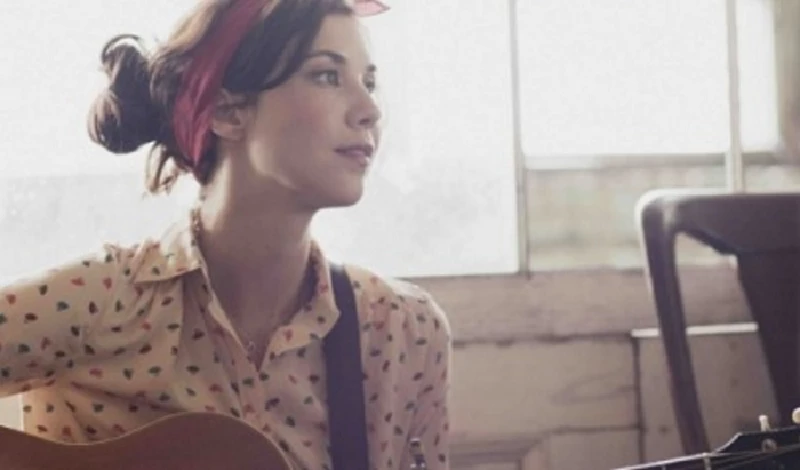
intro
Critically-acclaimed Dublin-born singer-songwriter Lisa Hannigan speaks to Lisa Torem about her new second solo album, 'Passenger', and the influence of traditional Irish music on her songwriting
Lisa Hannigan’s solo debut, ‘Sea Sew’, was released after her six-year, musical partnership with Damien Rice dissolved. With Rice, the Irish singer-songwriter took part in his 2002 album, ‘O’ and 2006 album, ‘9 Crimes’. Videos of those days show a petite, talented vocalist, often cast in the shadows; when Lisa appeared with Rice on a popular American talk show, he was introduced, while she stood quietly by his side. The soft-spoken, gentle-voiced Hannigan blossomed after going solo in 2008. ‘Sea Sew ’included shanties like ‘Lille’ and charming ballads that explored courtship communication, such as ‘I Don’t Know’ The homespun cover art, a baby blue coloured, rich exploration of needle-point, was created jointly with her mother; Lisa’s genuine beauty, love of the ocean and traditional crafts were defining her – even the random cake recipe, which appeared on her website, made her fans feel she was approachable. ‘Sea Sew’ garnered two Meteor Music Awards, a Mercury Prize nomination, as well as, a nomination for the Choice Music Prize, though the awards surprised the unassuming singer. Key moments of the making of Hannigan’s new ten-track album ‘Passenger’ were documented, in the Welsh countryside, by Dublin’s Myles O’Reilly aka Juno Falls. These visuals, ‘Recording Diaries’, which can be found online at www.lisahannigan.ie offer intimate moments of Hannigan whilst conversing, relaxing and making music with her band mates. ‘Passenger’ once more, explores the sea – her promotional video features her wearing a life jacket – but also reveals a more seasoned artist whose voice bears more maturity and whose songwriting encompasses more detailed depth. To that end, Herbie Hancock commented that her melodies often resolve in sophisticated jazz tones. Hannigan’s schedule has speeded up exponentially too. She has toured with Jason Mraz and, by the time of this publication, will have begun a US and Canadian tour – then, afterwards, a tour in Australia – the woman who so enjoys hearth and home, but has gotten accustomed to writing on the road, will no doubt use those experiences to tap further into her life experience. When I caught up with Lisa, and acknowledged that she would be returning to my native Chicago in October, she sounded enthusiastic: “I sometimes do a bit of running. I like to run by the lake. There are a lot of nice river runs,” she offered. As always, Lisa finds the lure and lull of the water a comfort, even when her home lies far away. PB: ‘See Sew’ was a gorgeous album, but I feel that in ‘Passenger’you covered even more emotional and physical terrain. LH: I suppose so. PB: In ‘Safe Travels’ (Don’t Die)’, you tell your lover, “don’t die, don’t bungee jump.” It’s so true to life because, in this day and age, though we wish our loved ones well when they travel, we often have mixed emotions. What brought that on? LH: Well, my friend texted me: “Safe travels. Don’t die.” And, I thought that was such a beautiful sentiment which sums up how you feel about people, whether romantically or platonically. No matter. It’s just a feeling of, “God. Just look after yourself, please, when you’re wandering around the world.” I like that it’s not necessarily a romantic song; it could be from friend to friend or parent to child or child to parent. It’s how we feel about each other. PB: Miles O’Reilly, an Irish filmmaker, has been documenting a lot of your recording sessions as you’ve been recording and travelling this year with your touring musicians. You all spent time in simple surroundings in the countryside and you seem very much at ease in this environment. But, has a year of touring taken a toll on you? Has it been energizing and inspiring or even lonely? LH: I do love being at home, but I love travelling as well. I’m very lucky to be able to have both, and, of course, the cycles of being a musician are such that you have time at home writing and that’s just wonderful, but I’m just at that point now that I’m getting out again and playing; just travelling and eating new food. I absolutely love travelling and meeting new people and the new record has certainly been informed by that; so much of it has been written on the road. It’s been really weird, though, singing songs about being on the road while being on the road. (Laughs) PB: It seems that during the tapings you come across as focused, yet casual about the whole recording process; eating dinner and drinking tea and chatting with fellow musicians from across the table about the plans. Is that generally how you like to operate or do you generally communicate your ideas more formally in the studio? LH: We made this record in seven days which is really a short amount of time, so we kept it relaxed, but that’s mostly because of our producer, John Henry, who was such a wonderful calming influence on everyone and who supplied us with coffee – and we drank whisky and red wine, which was so nice. I’ve certainly been in situations in recordings where it was quite frenetic – where you are gripping on for dear life and trying to get things done. ‘Passenger’ was not like this at all, because we played it live and we were all in the same room and we would just do a few takes and then say that that was the one. We were just trying to play down the wires into Joe the producer’s headphones and make him feel something, I suppose. That was a very different feel, I suppose, to the idea of the red light comes on and you have to get it right, and not make a mistake. This just wasn’t the way that we did this. It was more like capturing a live performance. PB: You wrote a song, ‘Little Bird.’ There is something quite stirring about it. “I’m dead from the rubble/Cut from the kill.” Can you explain this metaphor? LH: The little bird metaphor, for me, was that sense of survival that everybody has in them, which, at some point, they know, and you protect yourself. I think that’s the metaphor for that song. PB: You also recorded: ‘O, Sleep’. Who was the other singer on that and had you worked together before? LH: That’s Raymond LaMontagne. It is so beautiful. I wanted a proper duet on the record. I just think his voice is so stunning. I asked him and he said “yes”, which was so wonderful, and he happened to have a day off, which was so wonderful, the day on which we were doing our overdubs in London. It was extraordinary. He just came down and, gosh, what pipes he has! PB: You’ve recorded some covers in the past, such as ‘Be My Husband’ an old blues tune, which had been recorded by Nina Simone and Antony and the Johnsons. Then, ‘Desfinado’ in Portuguese, by Carlos Jobim. Also, ‘The Man I Love’ by George Gershwin. Do these varied covers address any early influences? LH: These are all songs that I loved and would sing along to - I always like to nail a cover that an artist has put an interesting spin onto. There are certainly things that I love listening to, but I try not to do too straight a cover; as long as there is a way to do something different, though not necessarily better. It’s a very, very rare occurrence when a cover is better than an original. It’s more about shedding new light or bringing a different shade of light. PB: Who did you listen to when you were growing up? LH: My mum listened to an awful lot of Joni Mitchell. That was great. That was our tape in the car on summer holidays. I, myself, loved Michael Jackson and just listened to him all day long. I loved Nina Simone and my dad loved her; as well as, blues records. PB: What inspired you to use the harmonium in many of your songs? The instrument isn’t that common in the genres you’ve just listed. LH: The first time I saw a harmonium was when Beck was playing it. He was just playing this hand pump harmonium and singing a song called ‘It’s Nobody’s Fault.’ There was such an amazing sound coming out of that thing. I started trying to find one – it’s actually a traditional Indian instrument. There’s a shop in London that makes them and sells them. It really affected my writing for a bit, as things always do, when you get something new and you’re messing around a bit and everything seems to go in an idiosyncratic way; you’re finding the chords that are the easiest to make. It really affects everything. And, I just love the kind of almost nostalgic sadness that it sounds like and I used it quite a bit on this record – and it looks so strange – it’s funny trying to take it through airport security. (Laughs) PB: In that rustic house where ‘The Recording Diaries’ were filmed, I noticed sheet music by Scarlatti. Are you inspired by harpsichord music and that kind of thing, as well? LH: I don’t know where that came from, actually, though I do love classical music. They papered a few rooms in the studio with sheet music. (Laughs) I think that’s where that’s from. Though, when I was a teenager, I became totally obsessed with Maria Callas and wanted to be an opera singer. I only listened to opera for years (Laughs) at the time, but I love opera to this day, though I realized I wasn’t an opera singer. I was only full of the feelings - (Laughs) full of the despair and angst of the heroine, but I didn’t really have the pipes - but I still love it. PB; When did you start thinking of yourself as a singer? LH: I don’t know. I always loved singing. I loved to sing along to things. We weren’t a musical family. We weren’t really doing party pieces around the fire, or anything. My mother was very good at visual art and things like that. I always felt I was musical without (Laughs) ever really performing that much. But there was a lot of music in the house. PB: Was traditional Irish music an inspiration? LH: Certainly. My dad would listen to it a lot. He’d listen to the radio a lot, not where you’d go to the pub and people would be playing as such. But, certainly growing up and becoming an adult, it’s something that you became more aware of. There’s such a strange rhythm to traditional Irish music. I’m actually going to do some recording with the Chieftains, which I’m very excited about. I’m terribly excited about that and I hope that goes well. PB: Lisa, how would you describe ‘Passenger’ and what it has meant to you? LH: I think it’s about things that we carry with us through life from years ago and from so far away. It’s just something that you carry in your pocket, like a lifeboat that you carry with you. It’s about people and heartaches and that some things never really leave you, and that’s really what the record is about. They become your home and they become the fabric of your life. PB: Thank you.
Band Links:-
http://lisahannigan.ie/https://www.facebook.com/lisahannigan
https://twitter.com/LisaHannigan
Picture Gallery:-
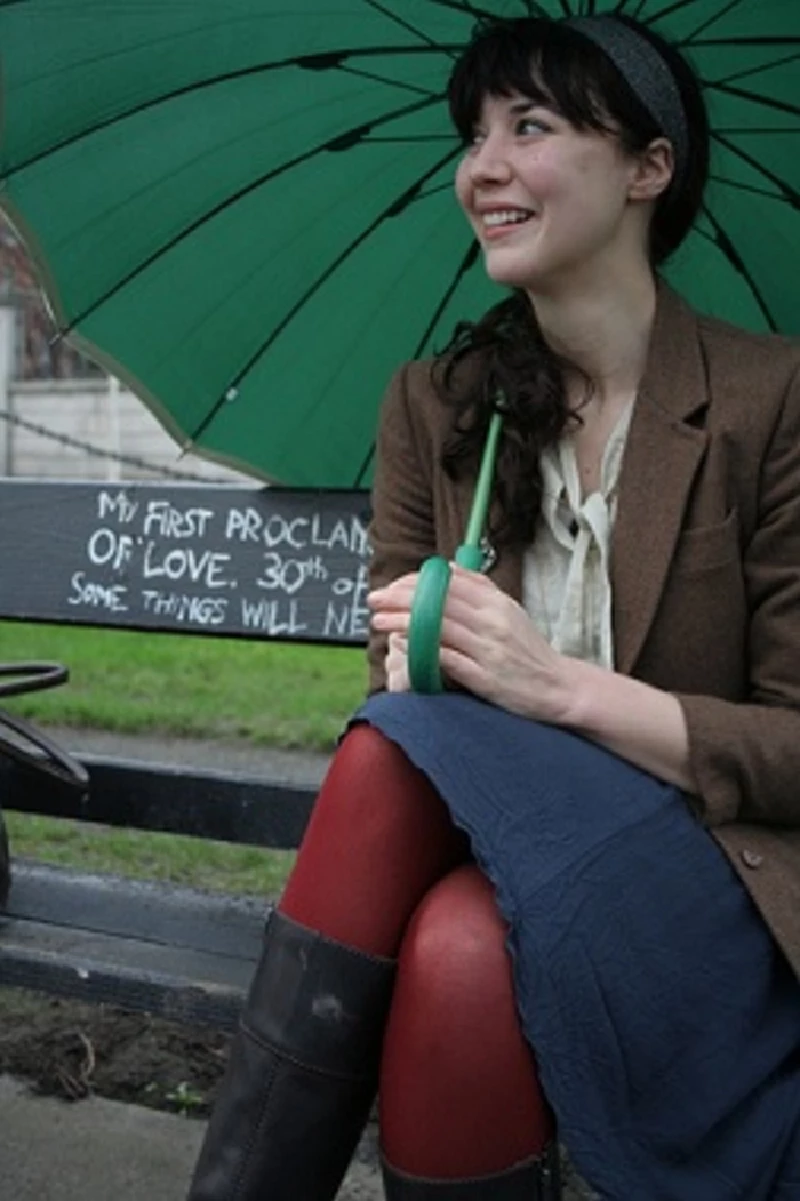
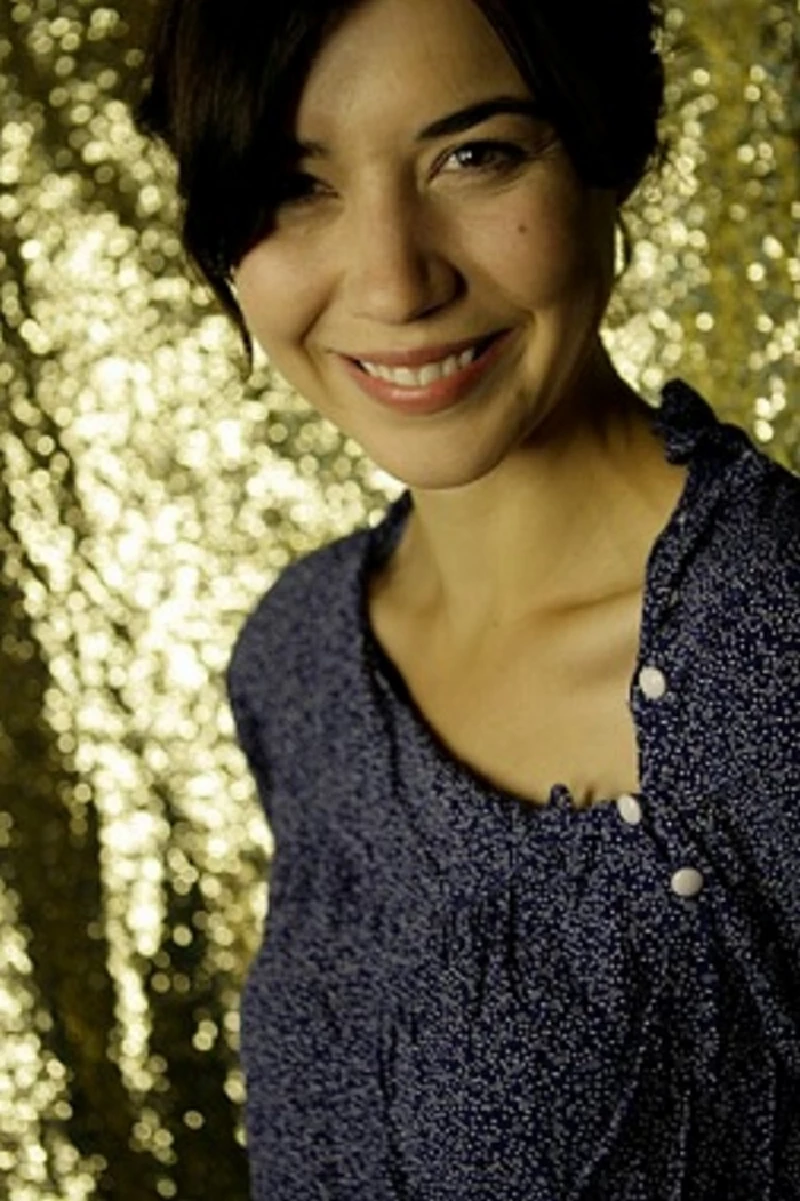
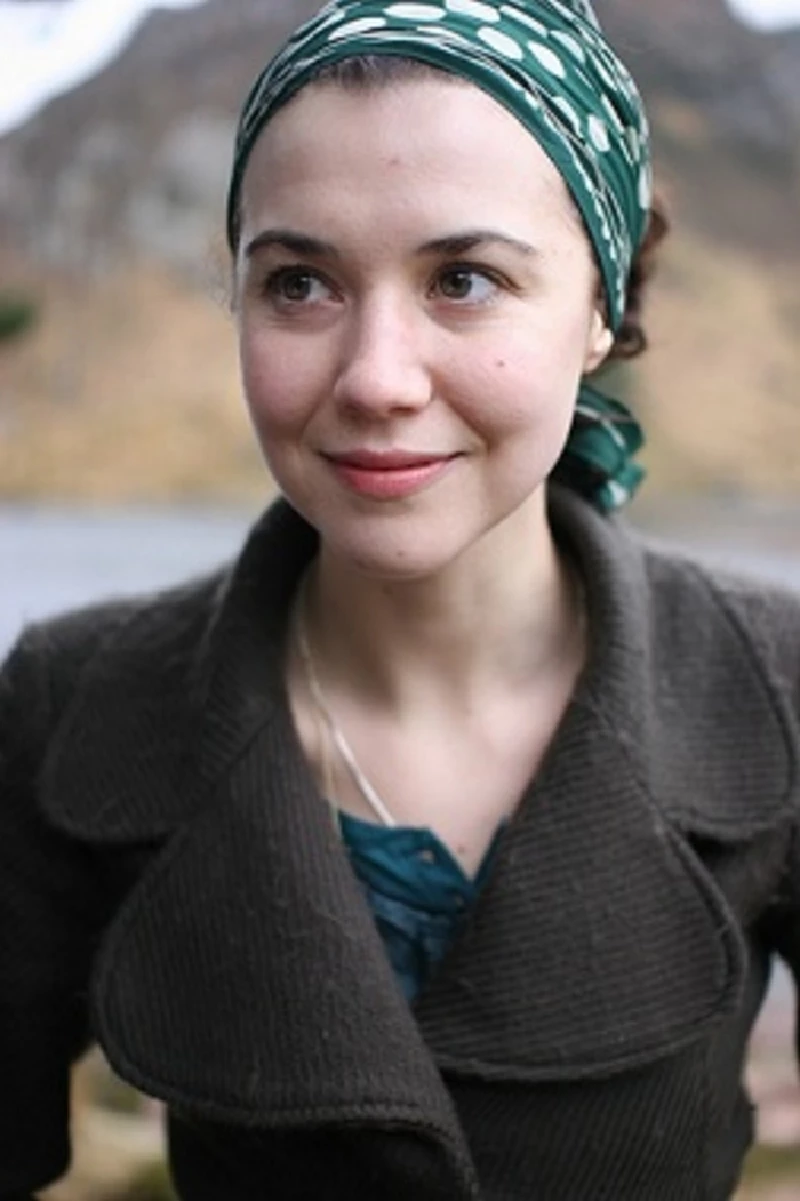
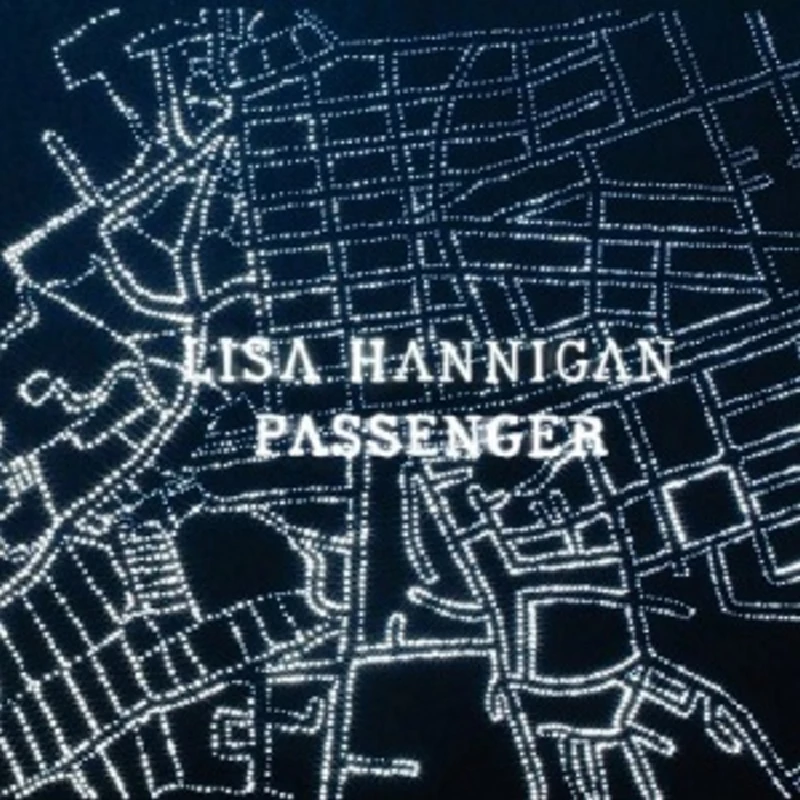
live reviews |
|
O2 Academy, Oxford, 16/10/2016 |
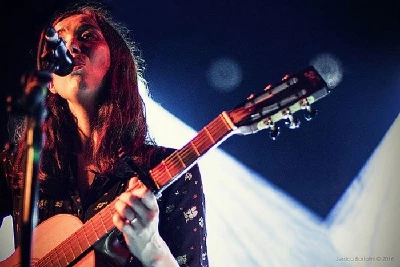
|
| Nick Dent-Robinson explains why he feels Irish singer-songwriter Lisa Hannigan is a one-off entertainer after watching her perform a gig at the O2 Academy in Oxford |
reviews |
|
Passenger (2011) |
| Evocative and heartfelt second solo album from Dublin-based singer-songwriter, Lisa Hannigan |
| Sea Sew (2009) |
most viewed articles
current edition
Tossing Seed - InterviewMotorcycle Boy - Interview
Last of the Lovely Days - Interview
Lemonheads - O2 Ritz, Manchester, 16/8/2025
Waterboys - Roundhouse, London, 1/6/2025
Cary Baker - Down on the Corner: Adventures in Busking and Street Music
Robert Forster - Interview
Belouis Some - Video Vault
Brian Wilson - 1942-2025
Morrissey - Photoscapes
previous editions
Flip Side - Raging PagesBob Mould - Brooklyn Bowl, O2 Academy, London, 11/2/2016
Bill Hicks - Profile
Stereogram Revue - Voodoo Rooms, Edinburgh, 2/12.2015
That Petrol Emotion - That Petrol Emotion, Town and Country Club, London, 1988
Dave Greenfield - 1949-2020
Miscellaneous - Minehead, Somerset, 8/5/2009...10/5/2009
John Clarkson - A Life in Music
School - Interview
Ain't That Always The Way - Alan Horne After The Sound of Young Scotland 2
most viewed reviews
current edition
Liarbilitys - VandalheartKirk Adams and Ed Woltil - Eat The Sunshine, Drink The Starshine
Silver Biplanes - Coming Up For Air
Big Flame - Peel Sessions 84-86
Suzie Ungerleider - Among The Evergreens
Bruce Dickinson - More Balls to Picasso
Good Charlotte - Motel du Cap
Wolf Alice - The Clearing
Rupert Wates - Father to the Man
Phew, Erika Kobayashi,, Dieter Moebius - Radium Girls
Pennyblackmusic Regular Contributors
Adrian Janes
Amanda J. Window
Andrew Twambley
Anthony Dhanendran
Benjamin Howarth
Cila Warncke
Daniel Cressey
Darren Aston
Dastardly
Dave Goodwin
Denzil Watson
Dominic B. Simpson
Eoghan Lyng
Fiona Hutchings
Harry Sherriff
Helen Tipping
Jamie Rowland
John Clarkson
Julie Cruickshank
Kimberly Bright
Lisa Torem
Maarten Schiethart